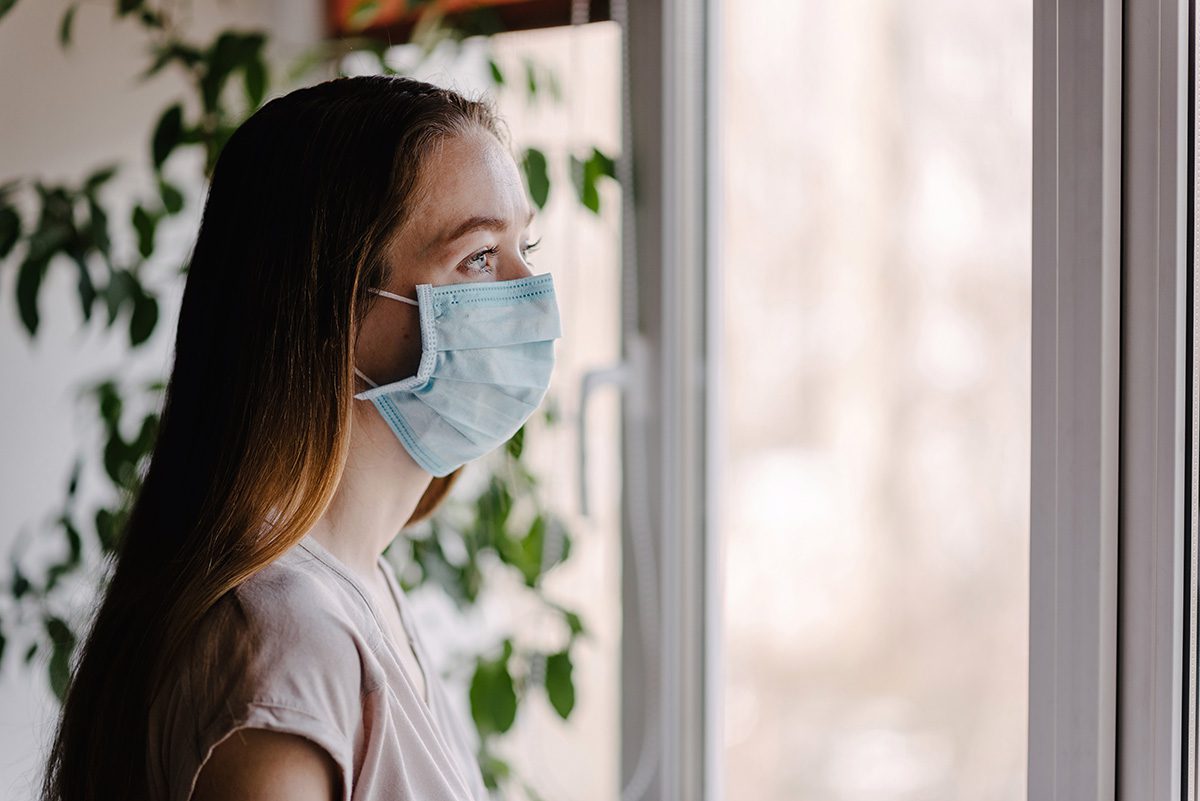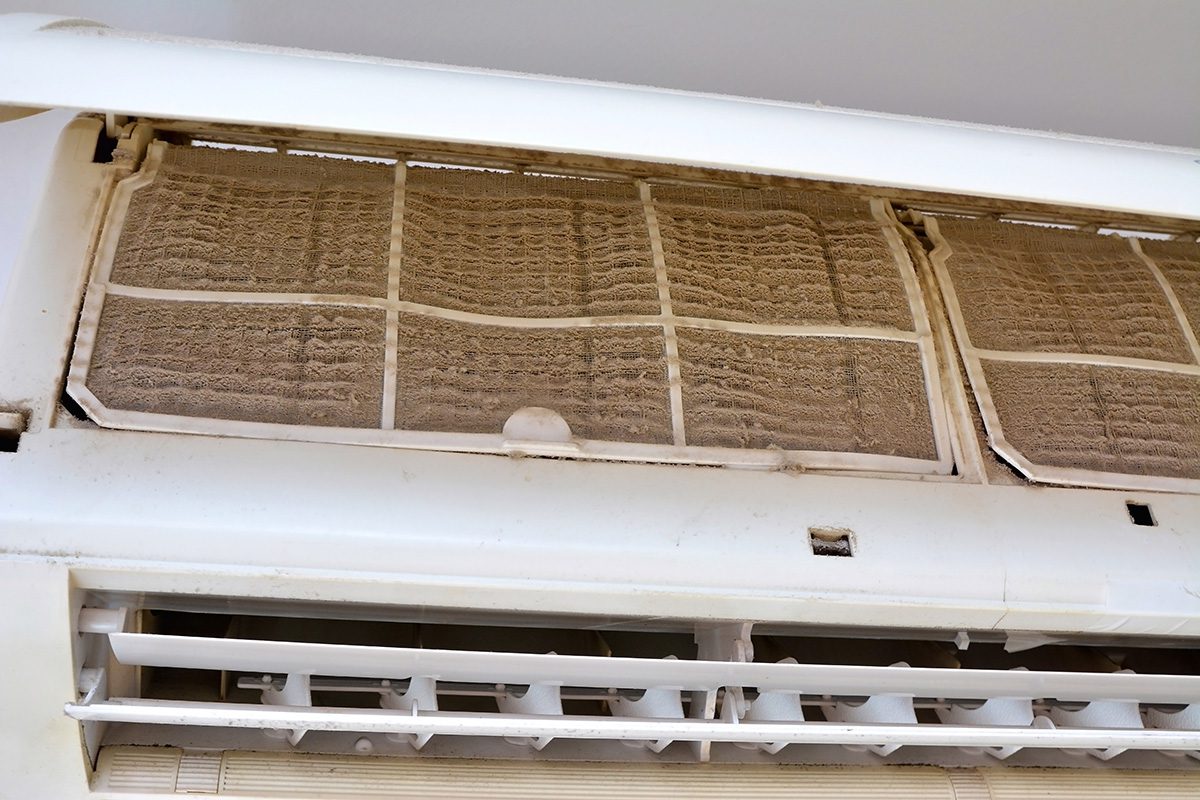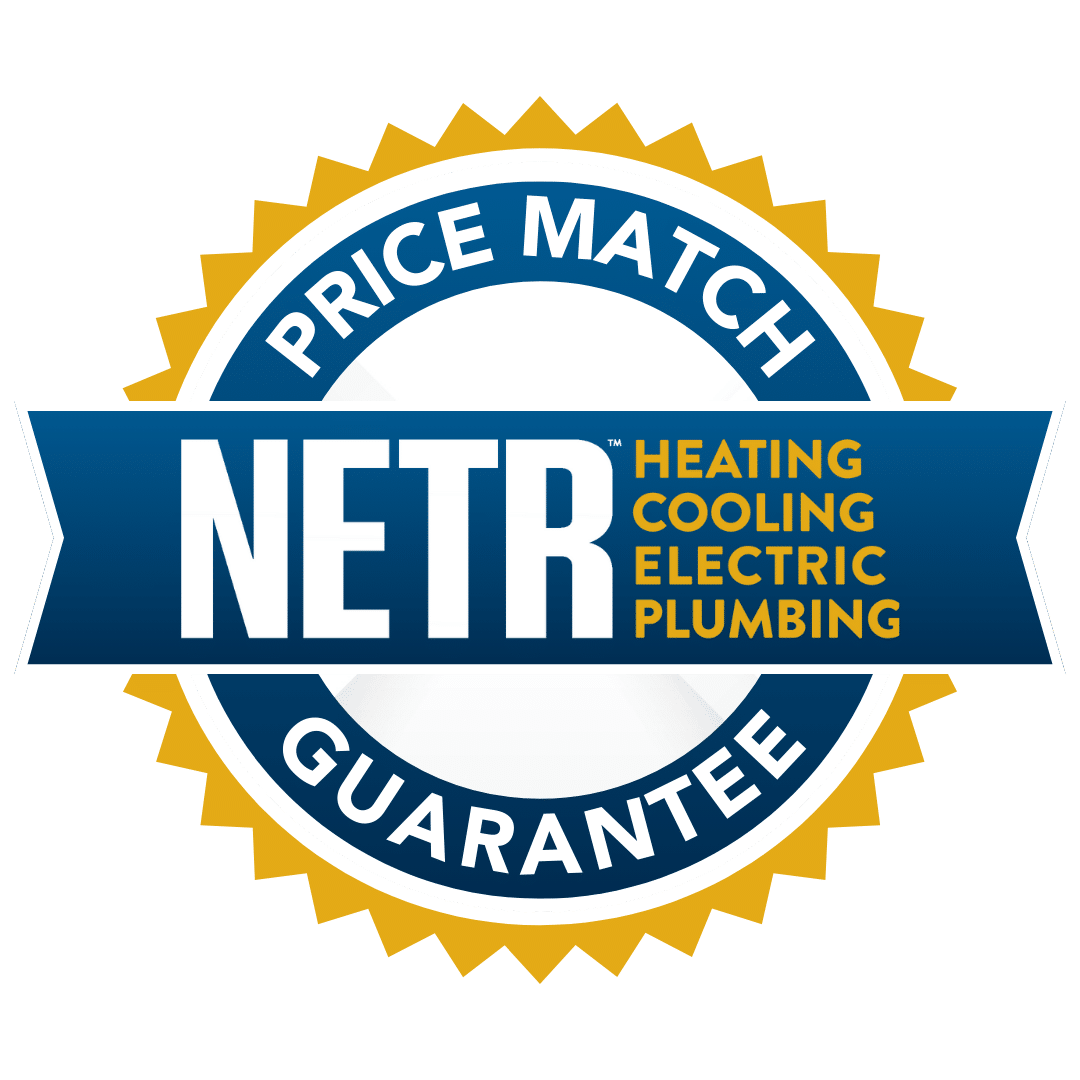As the coronavirus continues to wreak havoc across the globe, many people are staying safe at home. But can the quality of your home’s air compromise your respiratory health and potentially create complications if you do contract COVID-19? Here’s what you should know.

Coronavirus and COVID-19: A Background
Here are some facts about the coronavirus and COVID-19 from Johns Hopkins Medicine:
-
The novel coronavirus and COVID-19 are not the same thing. Coronavirus may cause COVID-19, but may also produce mild or no symptoms at all.
-
The novel coronavirus spreads from person to person through aerosol droplets from the cough or sneeze of someone who is infected.
-
The symptoms of COVID-19 are most commonly shortness of breath, a dry cough, sore throat, headache, muscle aches, and a temporary loss of taste or smell.
-
In some cases, COVID-19 patients develop Acute Respiratory Distress Syndrome (ARDS), which may require oxygen or manual ventilation.
-
In rare cases, COVID-19 patients lose their lives to the disease.
The Risk of Indoor Air Pollution to COVID-19 Patients

Off-gassing chemicals, pollutants, and other toxic particulates are typically 2 to 5 times higher indoors than they are outside. This means that sheltering in place has put millions of Americans inside homes with poor and potentially even dangerous air quality.
While indoor air pollution does not cause the coronavirus, it may be a problem for COVID-19 patients recovering at home. COVID-19 is a lung disease that has the potential to severely impact respiratory function, and low-quality indoor air that is full of particulates and pollutants may make the healing process more difficult.
How Common Is Indoor Air Pollution?
Indoor air pollution is extremely common and nearly every home has some degree of particulate matter or pollutants in the air. However, some homes have lower air quality than others. The following frequently used household or construction supplies that affect the quality of your home’s air include but aren’t limited to:
-
Tobacco smoke
-
Wood burning stoves
-
Candles
-
Fireplaces
-
Paint
-
Cleaning supplies
-
Insecticides
-
Building materials
-
Insulation
-
Pet dander
-
Radon
-
Mold
-
Carbon monoxide
-
Poorly maintained HVAC equipment
Managing these sources of indoor air pollution is a critical part of ensuring that your home is a healthy and safe place to be, especially when sheltering in place and spending more than your usual amount of time indoors.
How to Tell If You Have Poor Indoor Air Quality

You may also notice an increase in headaches, shortness of breath, sinus congestion, nausea, and fatigue. Some of these symptoms may be similar to those caused by the coronavirus, which can cause confusion and anxiety for some individuals.
What to Do To Reduce Indoor Air Pollution Right Now
Fortunately, there are some things you can do to quickly reduce the amount of air pollution in your home. Short term solutions include opening windows and increasing ventilation and discontinuing the use of known pollutants, such as smoking cigarettes in the home and burning candles.
Longer term solutions include ensuring that your HVAC system is clean and well-maintained. A dirty HVAC system can collect dust, debris, pet dander, and harmful pollutants in your air. If left alone, this can breed mold and mildew, which is then circulated through your home.
The number one way to fight indoor air pollution that could potentially result in illness is with a clean, well-functioning ducted or ductless HVAC system. This is even more important now with the spread of the coronavirus and many people sheltering in place and spending an extended amount of time inside their homes.
Want to Improve Your Indoor Air? N.E.T.R., Inc. Can Help
N.E.T.R., Inc. understands the relationship between your indoor air and respiratory health. We’re committed to helping our clients stay safer at home in the best way possible, including with cleaner indoor air.
To learn more about how to reduce indoor air pollution, or to request a consultation for HVAC maintenance or installation, contact us today at (781) 933-NETR.

